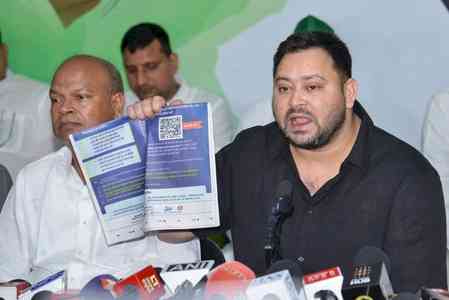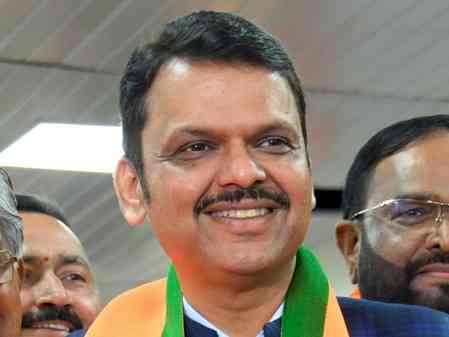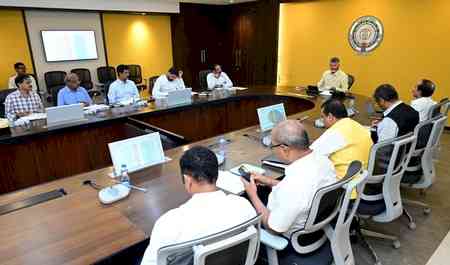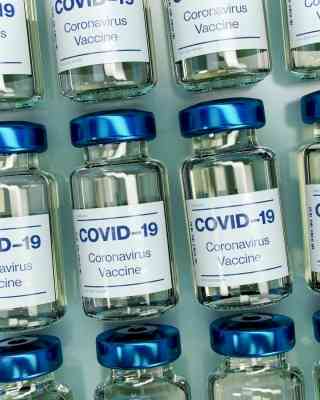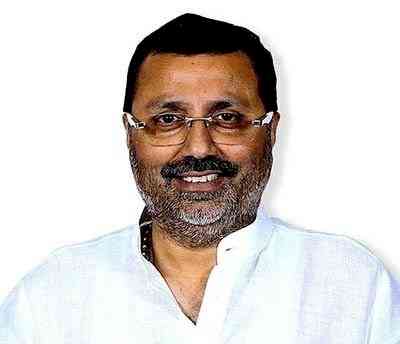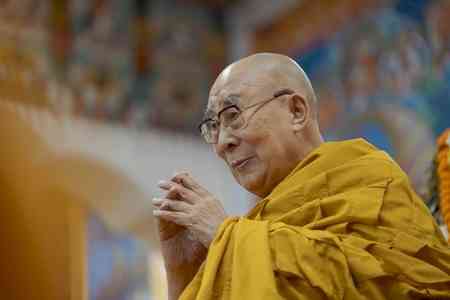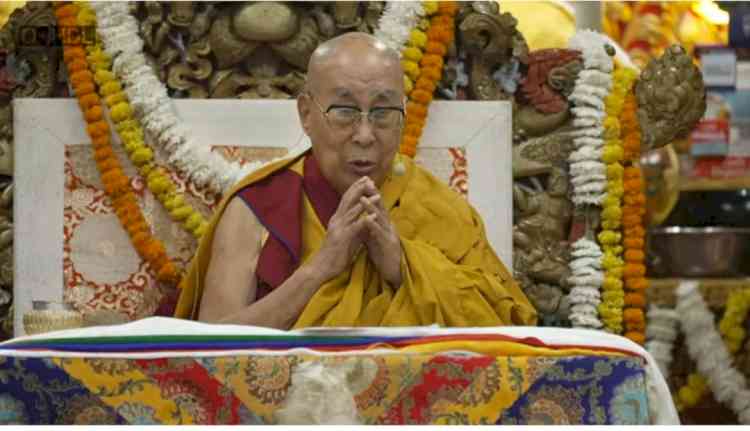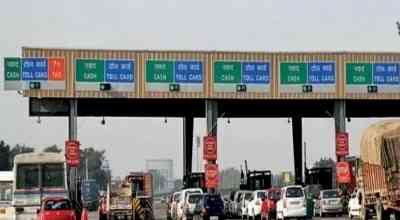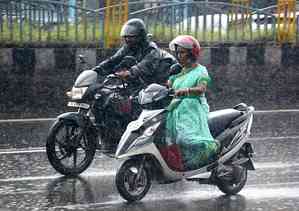Extensive preparations underway for June 1 Kangra-Chamba parliamentary constituency elections
Returning Officer for the Kangra-Chamba Parliamentary constituency, DC Hemraj Bairwa, has announced comprehensive preparations for the upcoming elections scheduled for June 1. The Kangra-Chamba constituency encompasses 13 assembly constituencies in Kangra district and four in Chamba district, totaling 17 assembly constituencies.

Dharamshala, May 30, 2024: Returning Officer for the Kangra-Chamba Parliamentary constituency, DC Hemraj Bairwa, has announced comprehensive preparations for the upcoming elections scheduled for June 1. The Kangra-Chamba constituency encompasses 13 assembly constituencies in Kangra district and four in Chamba district, totaling 17 assembly constituencies.
A total of 1,910 polling stations will be established, of which 1,782 are general booths and 128 are critical booths. Notably, 33 polling stations will be managed by women, ten by handicapped individuals, one by youth, and 66 will be model polling stations. To ensure smooth operations, 7,822 employees will be on polling duty, supported by 4,332 police personnel for security arrangements.
The total electorate in the Kangra-Chamba constituency is 1,502,514, with 755,878 male voters and 746,631 female voters, alongside 21,518 service voters. First-time voters in the 18-19 age group number 36,293, with 19,441 males and 16,852 females. Additionally, there are 12,964 handicapped voters and 17,758 elderly voters above the age of 85.
To oversee the election process, 47 Sector Magistrates and 174 Sector Officers will be deployed, ensuring a peaceful and fair voting environment. Vote counting will occur on June 4 at five locations: Nurpur, Chamba, Palampur, Jawalamukhi, and Dharamshala, with all necessary preparations for strong rooms and counting centers completed.
In accordance with Election Commission guidelines, an Expenditure Monitoring Committee has been formed to oversee the spending of political parties and candidates. Additionally, all nodal officers have received necessary training.


 Arvind Sharma
Arvind Sharma 
